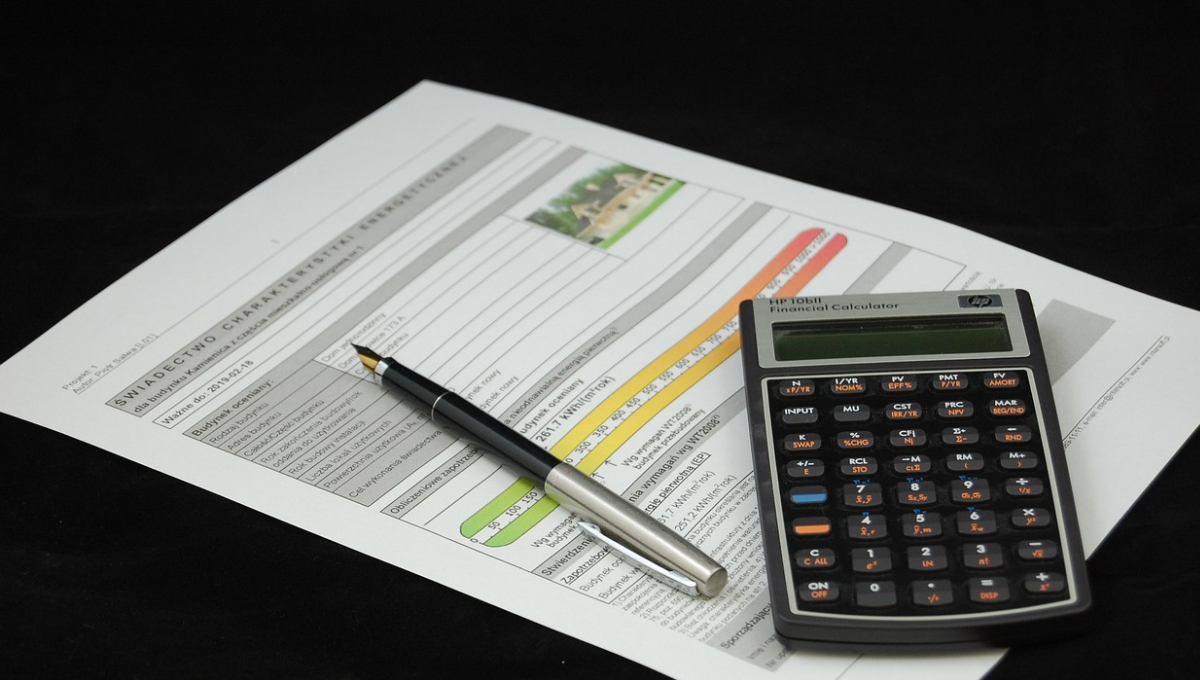Have you ever found yourself staring at the wreckage of a car accident, wondering how long it’ll take for your auto insurance claim to process and bring some relief? The uncertainty can feel overwhelming—bills piling up, repairs looming, and no clear answer in sight. In the U.S., where millions rely on their vehicles daily, getting back on the road quickly is a priority.
Yet, the claims process often feels like a mystery wrapped in red tape. How long does it really take? What factors speed it up or slow it down?
This article dives deep into the auto insurance claim timeline, offering clarity, practical insights, and key facts to help you navigate the wait with confidence. From the moment you file your claim to the day you receive your payout, every step matters. We’ll break down the process, explore real-world scenarios, and arm you with tips to keep things moving. Whether it’s a fender bender or a total loss, understanding the auto insurance claim timeline can turn frustration into empowerment. Let’s get started.
What Is an Auto Insurance Claim and Why Does Processing Time Matter?
An auto insurance claim is a formal request to your insurance provider for compensation after an accident, theft, or damage to your vehicle.
It’s your lifeline to financial recovery, covering repairs, medical bills, or even a replacement car. But here’s the catch: the time it takes to process that claim can vary wildly, leaving you in limbo.
Processing time matters because it directly impacts your life. A quick resolution means faster repairs and less stress. A delay, however, can mean weeks without a car, mounting expenses, and endless phone calls.
In 2023, the Insurance Information Institute reported that U.S. insurers paid out over $100 billion in auto claims—a staggering figure that underscores how common these situations are.
The Typical Auto Insurance Claim Timeline: How Long Should You Expect?
So, how long does it take for an auto insurance claim to process? On average, a straightforward claim in the U.S. takes 30 to 45 days from filing to payout.
But that’s just a baseline. Simple claims, like minor collisions with clear liability, can wrap up in as little as one to two weeks. Complex cases—think multi-car pileups or disputed fault—can drag on for months.
Here’s a snapshot of the typical timeline:
| Stage | Timeframe | What Happens |
|---|---|---|
| Filing the Claim | 1-2 days | You report the incident to your insurer. |
| Initial Review | 1-5 days | Adjuster assesses damage and gathers details. |
| Investigation | 1-3 weeks | Fault is determined, and evidence is reviewed. |
| Approval & Negotiation | 1-2 weeks | Payout is calculated and agreed upon. |
| Payment Issued | 3-10 days | Funds are disbursed for repairs or replacement. |
According to J.D. Power’s 2023 Auto Claims Satisfaction Study, 78% of claimants were satisfied when their claim was resolved within 30 days.
Factors That Affect How Long an Auto Insurance Claim Takes
The timeline isn’t set in stone. Several variables can either accelerate or stall your claim. Let’s explore the biggest influencers.
1. Severity of the Accident
A scratched bumper is a breeze compared to a totaled vehicle. Minor claims often resolve in days, while severe accidents involving injuries or fatalities require detailed investigations, pushing timelines to 60 days or more.
2. Liability Disputes
Who’s at fault? If it’s unclear, expect delays. Insurers dig into police reports, witness statements, and even traffic camera footage. Disputed claims can take weeks or months longer than uncontested ones.
3. Insurance Company Efficiency
Not all insurers move at the same pace. Larger companies like State Farm or Geico often have streamlined systems, processing claims in under 30 days. Smaller firms might lag, stretching it to 45 days or beyond.
4. Documentation Delays
Your role matters too. Missing paperwork—like photos, repair estimates, or medical records—can halt progress. Submitting everything promptly can shave days or weeks off the wait.
5. State Regulations
U.S. states have different rules. For example, California mandates insurers to acknowledge claims within 15 days, while Texas gives them 15 business days. Check your state’s laws for specifics.
Common Delays and Their Impact
| Delay Factor | Average Added Time | How to Mitigate |
|---|---|---|
| Liability Dispute | 2-6 weeks | Provide clear evidence (e.g., dashcam). |
| Missing Documents | 1-3 weeks | Submit all paperwork upfront. |
| Severe Damage | 3-8 weeks | Work with adjuster to expedite estimates. |
| Insurer Backlog | 1-4 weeks | Follow up regularly with your provider. |
Step-by-Step Breakdown of the Auto Insurance Claim Process
Understanding each phase helps demystify the wait. Here’s how it unfolds.
Step 1: Filing the Claim
You call your insurer or file online, providing details like the accident date, location, and damage description. Most companies aim to respond within 24-48 hours.
Step 2: Initial Assessment
An adjuster contacts you to inspect the vehicle and review your policy. This step typically takes 1-5 days, depending on their schedule.
Step 3: Investigation
The insurer digs deeper—talking to witnesses, reviewing reports, and assessing fault. For clear-cut cases, this wraps up in a week. Complex ones? Up to a month.
Step 4: Damage Evaluation
A repair shop or appraiser estimates costs. If you’re claiming injuries, medical documentation comes into play. This phase averages 1-2 weeks.
Step 5: Settlement and Payment
Once approved, you’ll negotiate the payout. Funds are then issued via check or direct deposit, arriving in 3-10 days.
Pro Tip: Stay proactive—follow up with your adjuster weekly to keep things on track.
Real-World Examples: How Long Claims Take in Different Scenarios
Let’s put this into context with some everyday situations.
Scenario 1: Minor Fender Bender
- Details: Rear-ended at a stoplight, no injuries, clear fault.
- Timeline: Filed Monday, adjuster inspects Wednesday, payout by next Friday—10 days total.
- Why Fast? Simple damage, no disputes.
Scenario 2: Multi-Car Collision
- Details: Three cars involved, conflicting stories, minor injuries.
- Timeline: Filed March 1, investigation drags to March 20, payout issued April 10—40 days total.
- Why Slow? Fault debate and injury claims.
Scenario 3: Totaled Vehicle
- Details: Car deemed a total loss after hitting a tree.
- Timeline: Filed March 8, appraisal by March 15, settlement finalized April 5—28 days total.
- Why Moderate? Clear fault but detailed valuation needed.
Tips to Speed Up Your Auto Insurance Claim Process
You’re not powerless in this. Here’s how to take control and cut the wait.
- File Immediately: Report the claim within 24 hours—delays can complicate investigations.
- Gather Evidence: Snap photos, get witness contacts, and save police reports.
- Stay Organized: Submit all documents (e.g., estimates, bills) in one go.
- Communicate: Check in with your adjuster every few days for updates.
- Choose In-Network Shops: Many insurers prioritize their preferred repair shops, speeding up approvals.
A 2022 Consumer Reports survey found that claimants who followed up weekly saw resolutions 20% faster than those who didn’t.
What Happens If Your Claim Takes Too Long?
Sometimes, delays stretch beyond reason. If your claim lags past 60 days with no progress, take action.
- Contact Your Insurer: Ask for a detailed status update.
- File a Complaint: Reach out to your state’s insurance department—most resolve issues within 30 days.
- Consider Legal Help: For extreme cases, a lawyer can push things forward, though this adds costs.
State Insurance Complaint Contacts
| State | Contact | Response Time |
|---|---|---|
| California | 1-800-927-4357 | 15-30 days |
| Texas | 1-800-252-3439 | 10-20 days |
| Florida | 1-877-693-5236 | 20-40 days |
| New York | 1-800-342-3736 | 15-25 days |
The Bigger Picture: Why Patience Pays Off
Waiting isn’t fun, but rushing a claim can backfire. A thorough process ensures fair compensation—cutting corners might leave you shortchanged.
In 2024, the average U.S. auto claim payout was $4,500, per the National Association of Insurance Commissioners. That’s worth getting right.
Conclusion: Turning Uncertainty Into Action
The question lingers after every crash: how long does it take for an auto insurance claim to process? Now you know—it’s not a single answer but a journey shaped by damage, disputes, and diligence.
From the swift 10-day fix of a fender bender to the 60-day grind of a complex wreck, the timeline reflects the stakes involved. Armed with this guide, you’re no longer at the mercy of the unknown.
File promptly, stay engaged, and push for answers. The road to recovery starts with understanding—and ends with you back behind the wheel, stronger for it. So, next time life throws a curveball, you’ll face it with clarity and grit, knowing exactly what to expect.
References
- “Auto Insurance Claims: How Long Does It Take?” – Insurance Information Institute
- “2023 U.S. Auto Claims Satisfaction Study” – J.D. Power
- “How to File an Auto Insurance Claim” – Consumer Reports
- “State Insurance Regulations” – National Association of Insurance Commissioners
- “Average Auto Insurance Claim Payouts in 2024” – Forbes Advisor







